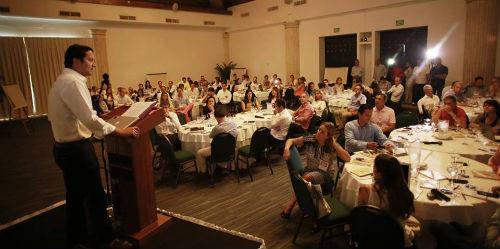 Colombia. On March 4 in the city of Cartagena, the first working table was held for the construction of the new public policy of TV and audiovisual content with all the public and private actors that participate in the creation of television in Colombia.
Colombia. On March 4 in the city of Cartagena, the first working table was held for the construction of the new public policy of TV and audiovisual content with all the public and private actors that participate in the creation of television in Colombia.
During the installation of the table, the ICT Minister, David Luna, explained how the exercise of these tables will be developed to implement solutions among all the actors of the industry under a regulation that adjusts to the current conditions. In parts of the inaugural speech he commented:
"We do not want what sometimes happens in the work tables to happen, we talk, we have an opinion, which is important, but there is a bit of an opinion in general. We have made the determination to accompany ourselves with some rapporteurship exercises that will be carried out by the Externado de Colombia University, after each day a process of total review of the information will be carried out. This information will be sent to all attendees to receive their comments and only when you have all this feedback will proceed to form that document. So we can build in an orderly and judicious way."
Initially, the Minister proposed the installation of five tables in different regions of the country, so that in the month of June a final document will be available and presented to the Congress of the Republic.
The main objective with which these working groups are installed is to identify the topics or subjects that must be adjusted, modified or defined, starting discussions on the new public policy of TV and digital audiovisual content.
The generation of these technical tables occurs because the television service is provided by multiple operators in different modalities of the service which are protected by current regulations, which undoubtedly requires a modification to be affected by new technologies, the new ways in which the consumer accesses audiovisual content. That is, it is necessary to have clear rules that allow countering the phenomena of under-reporting, piracy and the existence of regulatory asymmetries between operators of different and equal modalities of the service.
On the other hand, the migration presented by the provision of the television service from exclusive networks to transport television signals to convergent networks, where telecommunications services are provided in a packaged way, in this way the use of networks and audiovisual content is limited, ceasing to provide service on a single platform and terminal to have multi-platform and multi-terminal services.
The industry and the audiovisual market demand greater dynamism with the emergence of over-the-top (OTT) content where audiovisual content is not controlled at any time by the internet provider, reaching the end user without being subscribed to a closed television system, the growth of this modality of accessing content leads to a dispute over their income that must be regulated.
The first conclusions of the event have already been published on the micro site of the Ministry (www.micrositios.mintic.gov.co/mesas_politica_publica_tv_contenidos_audiovisuales), from which we can highlight the following conclusions that start from the questions raised in the working groups:
"What are the most relevant issues of TV as a service that should be the subject of a new public policy?
Is it necessary to carry out a review and analysis of the current legal regime, with the main purpose of determining the nature of the TV service, and the owner of its provision, as well as identifying the very object of the definition of the policy: TV and audiovisual content? In this way, it will also be possible to establish and delimit the concept of public TV, its actors, its vocation and, consequently, optimize the financing model.
In this order of ideas, it is necessary to analyze whether public policy should be focused on the regulation of audiovisual content, going beyond the concept of TV and, in addition, establish whether state intervention should be eliminated or limited. In this last event, it will be necessary that the adjustment of the regulation tends to meet the demands of convergence, strengthen the contents of national production, vindicate the values of TV and analyze the burdens of the different actors, among others.
What are the most relevant issues related to the market and the TV business that should be the subject of a new public policy?
A new normative and regulatory framework oriented to convergence is necessary, which includes technological changes and new market realities, involving issues such as: taxation, promotion, protection of users in tariffs and content aimed at minors, copyright, network security, among others.
A competitive market is required, with a level playing field for all players regardless of platforms, that incentivizes investment, supports the financing of public TV, encourages the production of diverse content, and protects copyright in a framework of stability, efficiency and transparency.
Finally, regulatory management must include guidelines that tend to the protection of the national industry, through topics such as: screen share, video on demand, the impact of OTTs, the construction of content and innovation in technology and digital markets.
What are the most relevant aspects of the financing and promotion model of the TV industry that should be the subject of a new public policy?
A new legal framework is needed that reflects the reality of the market, promotes new sources of financing, including self-financing, new players and financing by the State to public and community TV, which guarantees coverage, competition and a market balance. Additionally, it is important to take into account the reduction of compensation values, the creation of a financing fund and a project bank that promotes infrastructure, the production of content with national coverage, including populations with unmet basic needs.
What are the most relevant aspects of State institutions that should be the subject of a new public policy?
A convergent, independent and autonomous regulatory body with sufficient technical expertise is required to regulate the audiovisual and ICT sector in an inclusive and prospective manner, for which it is necessary to have a legal framework that guarantees coverage, competition, a balance of burdens and compensation that allows the development of inclusive and social audiovisual content."
Lorena Angarita, president of Red Intercable Colombia gave us these statements about her impression of the working groups organized by the Ministry: "At the beginning of the activity, an excellent diagnosis of what awaits the world of telecommunications and especially television in terms of convergence and content was presented, and then in an academic activity by the Hand of the Universidad de los Andes and the Externado University, without speeches or particular positions, all the participants were able to contribute to the construction of the document that will begin to work during this first semester".
Additionally, he commented: "The realization of this activity leaves us with a very great optimism in the face of the responsible and committed way with the country of Minister Luna to create a true political proposal that offers all the actors that are part of the sector a clear line in the hectic world of the technological revolution. In the order of that responsibility, congratulations to María del Pilar Bahamon and her team. This exercise was not a salute to the flag, it was, if we may comment, the best experience during my 15 years of work in the television industry."
It only remains to say that Minister Luna has shown a particular interest in the subject, he has met on several occasions with several organizations that group this type of companies providing the pay television service, such as ASOTIC- Association of Operators of Information and Communications Technologies of Colombia. Information, I see that the fruits are already being borne and are based on clear policies, in accordance with the market and the current need, which involves all market agents and allows the participation of all for a new public policy of television and audiovisual content.
Text written by the engineer Luis Pinto, commercial technical advisor of TVyVideo+Radio and TecnoTelevisión. You can contact him through [email protected]




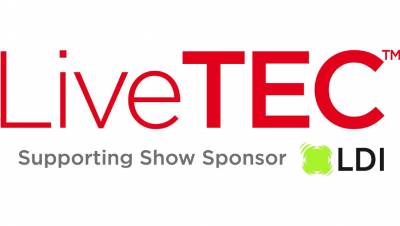
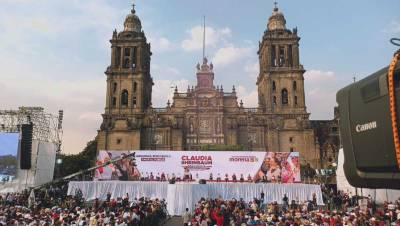


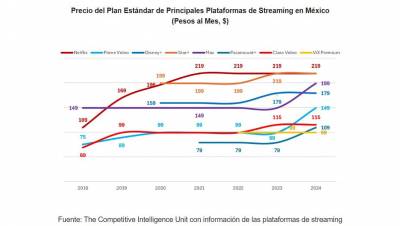
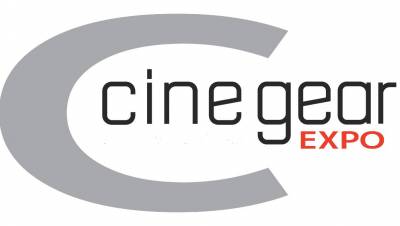


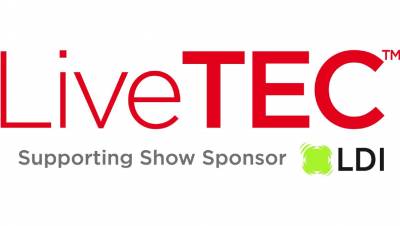

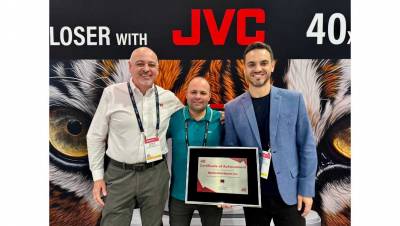









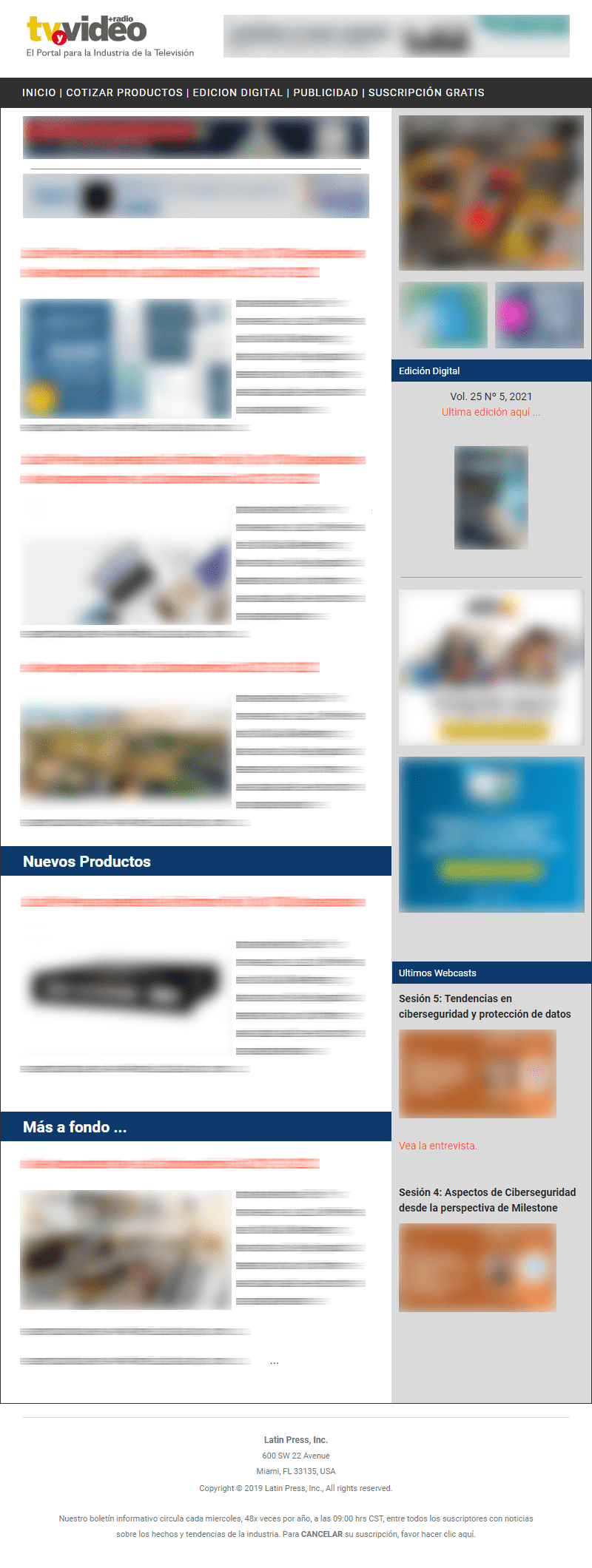
Leave your comment